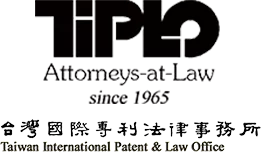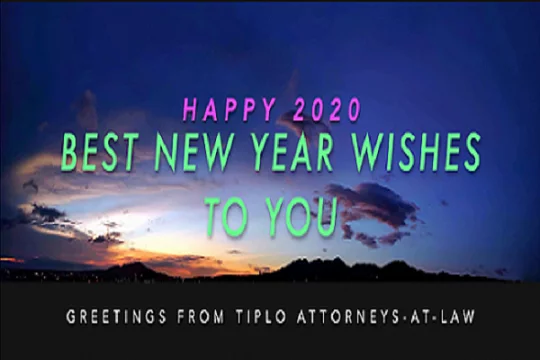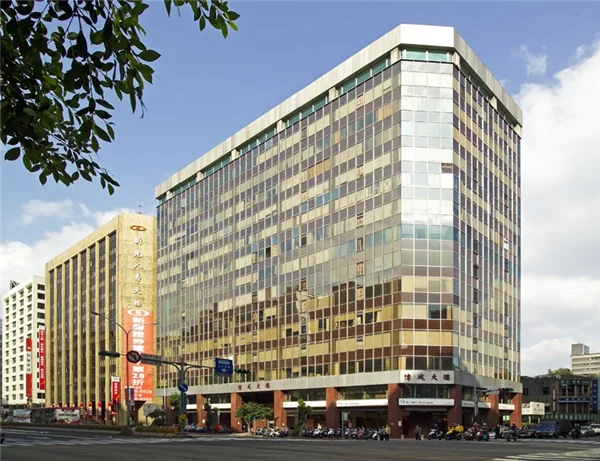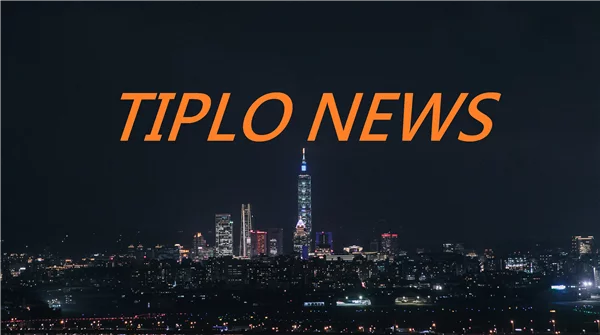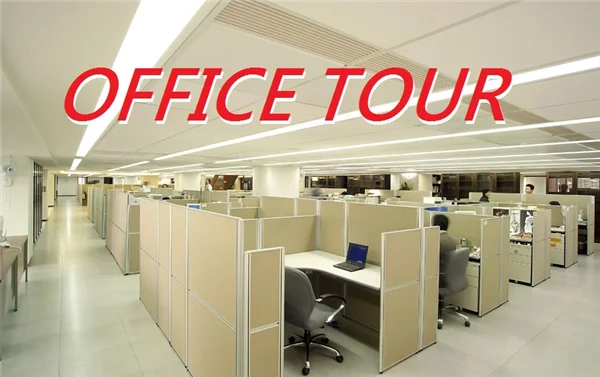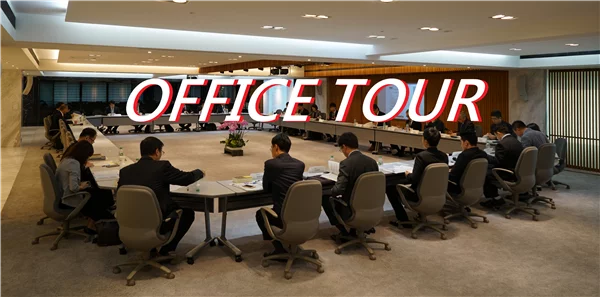Grand Justice: Warning letters against patent infringement shall not be abused
E020713Y2 Aug. 2002(E36)
US-based Princeton BioMeditech Corporation (“PBM”) appointed a lawyer to issue warning letters to 36 pharmaceutical manufacturers for the reason of removal of patent infringement. Such act caused panic to local pharmaceutical manufacturers and traders. The Fair Trade Commission (“FTC”) held that PBM’s warning was given abusively because the contents of PBM’s warning letters are general. The FTC considered that PBM’s warning letters had resulted in unfair competition and the FTC ordered PBM to stop issuing such warning letters. However, being dissatisfied with the FTC’s decision, PBM filed a petition for interpretation of the Constitution. On July 12, 2002, the Grand Justice Committee made an interpretation under Shi-Zi-No. 548 declaring that the FTC’s order and basis are not against the Constitution.
There are two main points of the Grand Justice’s interpretation. First, the Grand Justice confirmed that a pharmaceutical manufacturer is entitled to issue warning letters against patent infringement according to the Patent Law to remove or prevent such infringement. However, the Grand Justice emphasized that not to abuse a right is a legal principle. Those who own rights should obey this duty. The legal principle is not added to the aforementioned principle of handling. Second, the Grand Justice declared that the aforementioned principle of handling doesn’t add any restriction that is not provided by law to the exercise of people’s rights, and such principle is not against the principle of legal reservation and it doesn’t have the problem about uncertain authorization. Therefore, the principle of handling is not contradictory to the Constitution.
Source: China Times 07/13/2002

